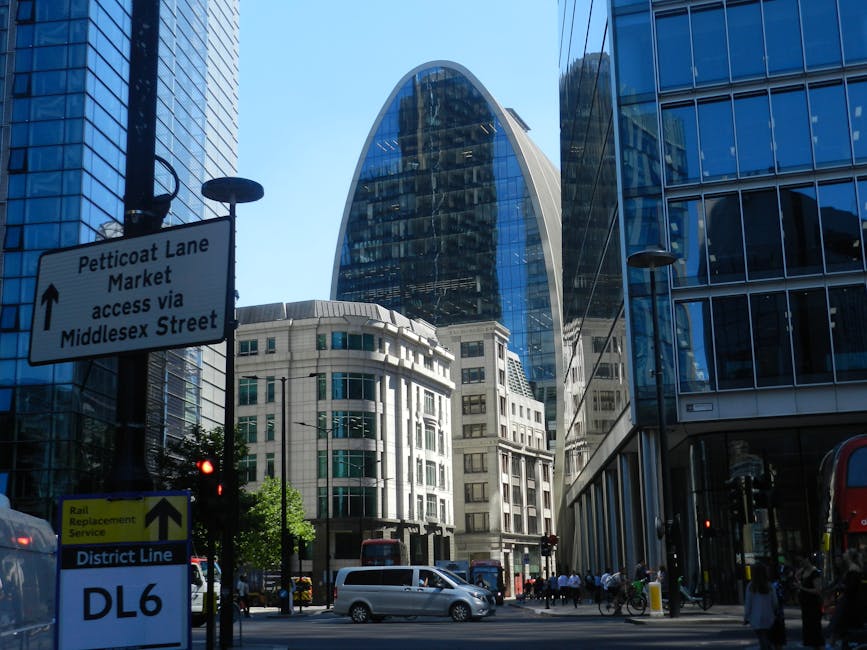Britain’s Labour Government Plans New, Tougher System for Asylum Seekers
In a major policy shift, Britain’s Labour government has announced plans to introduce a stricter asylum system aimed at deterring illegal immigration while speeding up the processing of genuine refugee claims. Home Secretary Yvette Cooper unveiled the strategy, marking a departure from the Conservatives’ Rwanda deportation plan but maintaining a firm stance on border control.
Key Features of the New Asylum System
Labour’s proposed system focuses on three core elements:
1. Fast-Track Processing Centers
New detention facilities will be established to accelerate asylum claim evaluations, addressing the backlog of over 100,000 cases. Applicants will remain in these centers during processing to prevent them from entering the country illegally.
2. Stricter Deportation Rules
Failed asylum seekers will face swift removal, with the government negotiating new agreements with EU and other nations for returns. While Labour has scrapped the Rwanda scheme, it is exploring partnerships with safe third countries for offshoring applications.
3. Crackdown on Human Trafficking
A specialized task force will target smuggling networks in the English Channel, where thousands risk dangerous crossings annually. Harsher penalties for facilitators of illegal migration are also planned.
Why Is Labour Introducing This Policy?
The move responds to public frustration over record-high migration and pressure on public services. Prime Minister Keir Starmer, who pledged “controlled and fair” immigration, seeks to address the Conservatives’ failure to reduce illegal arrivals.
“We cannot allow criminal gangs to exploit vulnerable people or our asylum system to be abused,” Cooper said. “This system will be firm but fair, protecting those in genuine need while ensuring national security.”
Reactions to the Plan
Criticism from Human Rights Groups
Organizations like the Refugee Council argue that detention centers could create inhumane conditions. “Locking up asylum seekers, including women and children, is not the solution,” said CEO Enver Solomon.
Support from Centrists and Moderates
Some centrist voters and former Conservatives back the policy as a balanced approach. “Labour is finally acknowledging the need for controlled borders,” remarked a former Tory MP.
What Happens Next?
Legislation is expected by autumn, with the first detention centers opening in early 2025. Legal challenges may arise, particularly over third-country deportation deals. Meanwhile, the Conservatives accuse Labour of adopting their policies while dropping the Rwanda plan.
Britain’s asylum system is poised for its most significant reform in decades—will it strike the right balance between compassion and security?
— Reported by [Your Name], NextMinuteNews




